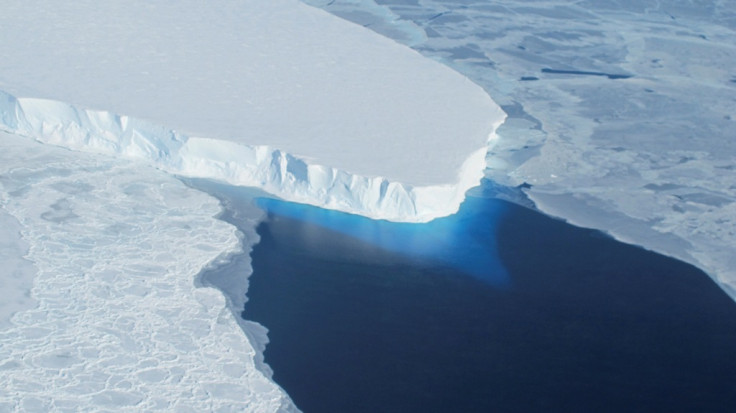Antarctic Glaciers Melting at Fastest Rate Ever, Finds Study

Increased snowfall will not be able to offset the continued and rapid melting of glaciers in the northern Antarctic Peninsula from rising temperatures, according to new research published in Nature Climate Change.
The small glaciers on the Antarctic land are very sensitive to temperature increases and could disappear in 200 years, warn a team of researchers led by Bethan Davies from Royal Holloway, University of London.
The rise in temperature also produces increased moisture in the air leading to increased snowfall but not enough to cancel the rapid melting.
Based on fieldwork at James Ross Island, northern Antarctic Peninsula, the team mapped and analysed changes to a 4 km- long glacier over the past 10,000 years.
Geological studies had revealed that the glacier grew by 10 km in the last 5,000 years and then shrank at some point of time.
Earlier, it had been assumed that the glacier put on mass during a warm, yet wet period when increased precipitation offset the melting of the glaciers.
Using climate modelling, glacial geology and ice-core data the team concluded that the growth happened during the "Little Ice Age" 1,500 years ago, reaching its largest size just 300 years ago.
Since then it has been melting and the rate is so fast that in 200 years it will be the smallest it has been in 10,000 years.
Similar melt of other Antarctic mountain glaciers will result in significant contributions to sea level rise.
© Copyright IBTimes 2025. All rights reserved.





















